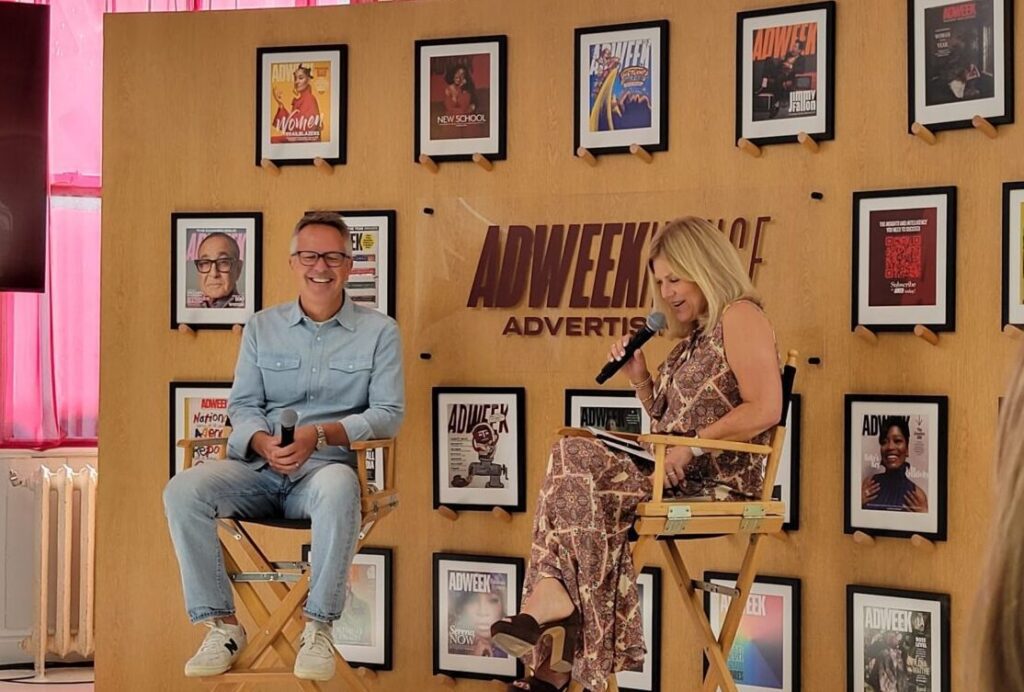Although it will be a few more months before Olympic marketing gets into full swing, the United States Olympic Committee isn’t waiting.
Colorado Springs, CO-based USOC, which handles marketing and logistics for the U.S. teams, last month began the first of several marketing programs it will use to encourage Americans to follow U.S. teams. The organization is busy filling its databases with updated listings of consumers that it can reach before the torch lighting, during the Games next February, and after the last medals have been awarded.
“In the past, we began marketing to the fans a day before the Games started,” says Matt Farrell, USOC associate director of Internet marketing. “We were very casual about data. Now, database efforts are the cornerstone of our marketing.”
The organization is using usolym-picteam.com as the centerpiece of an Internet marketing plan charged with turning eyeballs first into legitimate targets, then into faithful fans. The first effort was an online sweepstakes offering entries for subscriptions to a free Gold Medal Pass e-mail newsletter, which users can customize (including frequency) based on their interests. Grand prize was — surprise — a trip to the Games. A viral component provided extra entries to anyone e-mailing a link to friends. RealTime Media, Wynnewood, PA, handled the effort, which generated 52,000 entries and 6,000 Pass subscriptions.
The USOC combed the data and took note of who opted in for the newsletter. “In the past, we had assumptions about who Olympic fans were,” says Farrell. “Now we know.”
Other data-collecting efforts will break over the coming weeks from the USOC’s in-house marketing team and through ties with Olympic sponsors. The organization last month ran a pilot program with Xerox Corp., Rochester, NY, that served Olympic jackets to business customers who bought copy machines. Delray Beach, FL-based Office Depot, meanwhile, offered 10 percent off goods at officedepot.com to people who signed up for the Gold Medal Pass newsletter.
Maintaining connections with prospects is hardly a new idea. But infusing the efforts into event marketing as a catalyst for pre- and post-event communication is, and “this is very much the future of database marketing,” says Bethany Stanley, senior industry marketing manager with Schaumburg, IL-based direct marketer Experian. “Marketers will use e-mails before an event, then continue the relationship with the consumers once the event ends.”
As the names come in, USOC will begin more aggressive targeting. Once the activities in Salt Lake City end, the organization will spend two years getting Americans pumped up for the summer Olympics in Athens, Greece.
Let the Games never end.
Bases Loaded
Online, offline databases unite.
Retailers typically house in-store customer sales information and data collected online in separate warehouses, a fact that makes leveraging the lists and cross-promoting to offline and Web shoppers a complicated — or impossible — task.
Help is on the way. A handful of technology companies, including Microsoft and Oracle, are developing software that will let retailers link brick and click databases to effectively cross-reference both in promotions. The results should allow marketers to customize Web site merchandise selections based on a customer’s offline shopping history.
Up-selling, cross-selling, relevant discounting — the possibilities are enough to make retailers drool (and they are): Online, chains could make Web sites search for offline records to create gender-specific, age-specific, or lifestyle-specific sites. Offline, store staffers could scan a loyalty card, check online purchase history, then enhance customer service.
Retailers already testing linked data systems include Fort Worth, TX-based Bombay Co., Victoria’s Secret in Columbus, OH, and Reno, NV-based apparel manufacturer Patagonia.
Multi-channel shoppers spend 10 percent to 36 percent more on average than single-channel shoppers, says New York City-based Jupiter Media Metrix. Thus, aligning databases could increase sales margins as much as seven percent, according to a survey by AMR Research, Boston.
In August, IBM beat competitors to market with MerchantReach, a software suite that links multiple data warehouses and can be used to create integrated promotions. “Retailers have to treat all their [sales] channels as one, not separate,” says Rich Cohen, director of industry offerings with Armonk, NY-based IBM. “Taking advantage of all opportunities is critical.”
All for one and one for all.
 Network
Network

